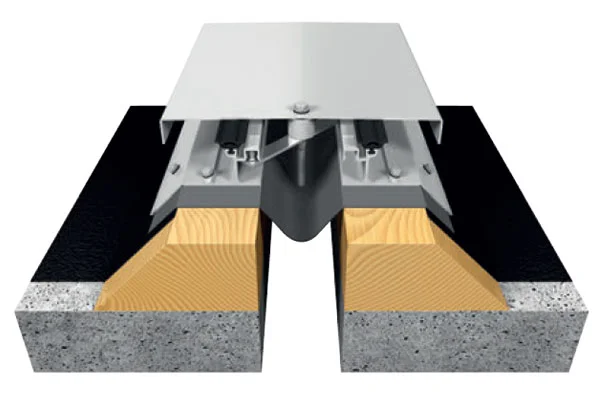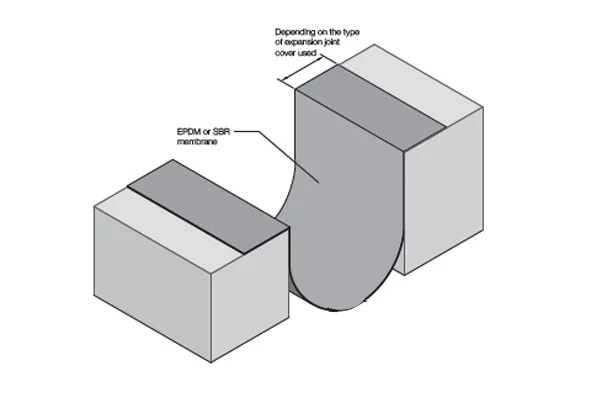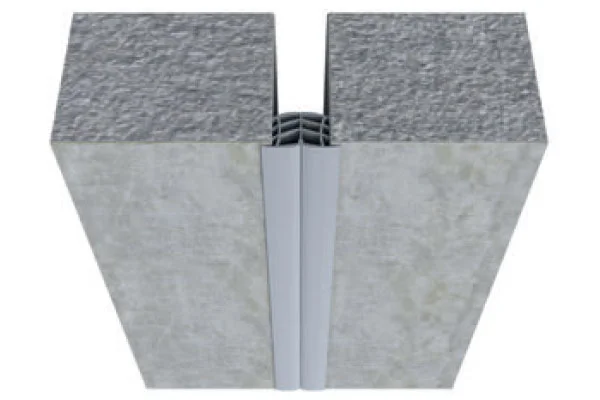
UPDATED 11:02 AM ET, August 27, 2025
Pennsylvania’s Dept. of Environmental Protection is expanding its Streamlining Permits for Economic Expansion and Development (SPEED) program while reporting a nearly 98% reduction in its permit backlog since 2023.
Permit categories now eligible for expedited review under Pennsylvania’s SPEED program include air quality, dam safety, and stormwater approvals. Source: Pennsylvania Dept. of Environmental Protection.
Officials say the dual effort is designed to accelerate project delivery across the state without weakening environmental oversight. The office of Gov. Josh Shapiro (D) announced Aug. 20 that SPEED now applies to multiple permit types beyond the Chapter 102 stormwater approvals covered at its June launch.
The list now includes air quality, dam safety, waterway and wetland encroachments, and both general and individual stormwater discharge permits.
“The Shapiro administration is committed to moving at the speed of business and expanding opportunities for Pennsylvania, without sacrificing the environmental and public health protections that Pennsylvanians deserve,” DEP Secretary Jessica Shirley said in a statement announcing the expansion.
Under the program, applicants can hire DEP-approved qualified professionals to review applications before they reach the agency. The agency makes the final decision, but officials say the process cuts months off the review process. A pilot run in 2024 reduced review times by 30 to 40 business days in many cases, compared with the previous average of 176 days for stormwater permits.
Neil Shader, press secretary for DEP, told ENR in an email that two applications have entered SPEED since June, but neither review has been completed yet. He said all SPEED recommendations by qualified professionals are reviewed by DEP staff to ensure they meet regulatory and statutory requirements, and that the agency will return applications that do not.
The department reported in July that it reviewed nearly 20,000 permit applications in the first six months of this year, shrinking backlog from more than 2,400 applications to fewer than 50. Shader said that as of late summer, just 19 applications remain outstanding — a 99% reduction since November 2023.
The agency has also added 225 staff since 2023 and rolled out digital tools, including a permit tracker launched in January 2025.
Shader noted that programs such as Chapter 102 and Chapter 105 pilots cut review times by more than 100 days in some cases. Required pre-application meetings between DEP applicants and county conservation districts helped avoid time-consuming exchanges of deficiency letters, which would otherwise add months to the review process.
Although no projects have yet been publicly identified as proceeding through SPEED, the administration has highlighted other efforts that illustrate its permitting push.
In Dauphin County, Hershey Co.’s new Reese Chocolate processing facility opened this summer after expedited approvals helped keep its schedule on track. In Luzerne County, a major technology development known as Project Hazelnut advanced under the governor’s separate Permit Fast Track initiative.
State officials say SPEED is meant to bring the same type of acceleration directly into the department’s environmental reviews. Pennsylvania’s reforms mirror a national trend.
In California, Gov. Gavin Newsom (D) signed legislation in June overhauling the state Environmental Quality Act, exempting entire categories of housing and infrastructure projects from lengthy review.
Pennsylvania has taken a different approach, maintaining department oversight but delegating initial reviews to vetted professionals. Both strategies aim to streamline approvals, although environmental groups in each state caution that speeding up reviews could erode protections and public transparency.
Shader added that DEP is not currently considering additional permit types for SPEED in 2026, correcting earlier suggestions the program might expand further next year.








